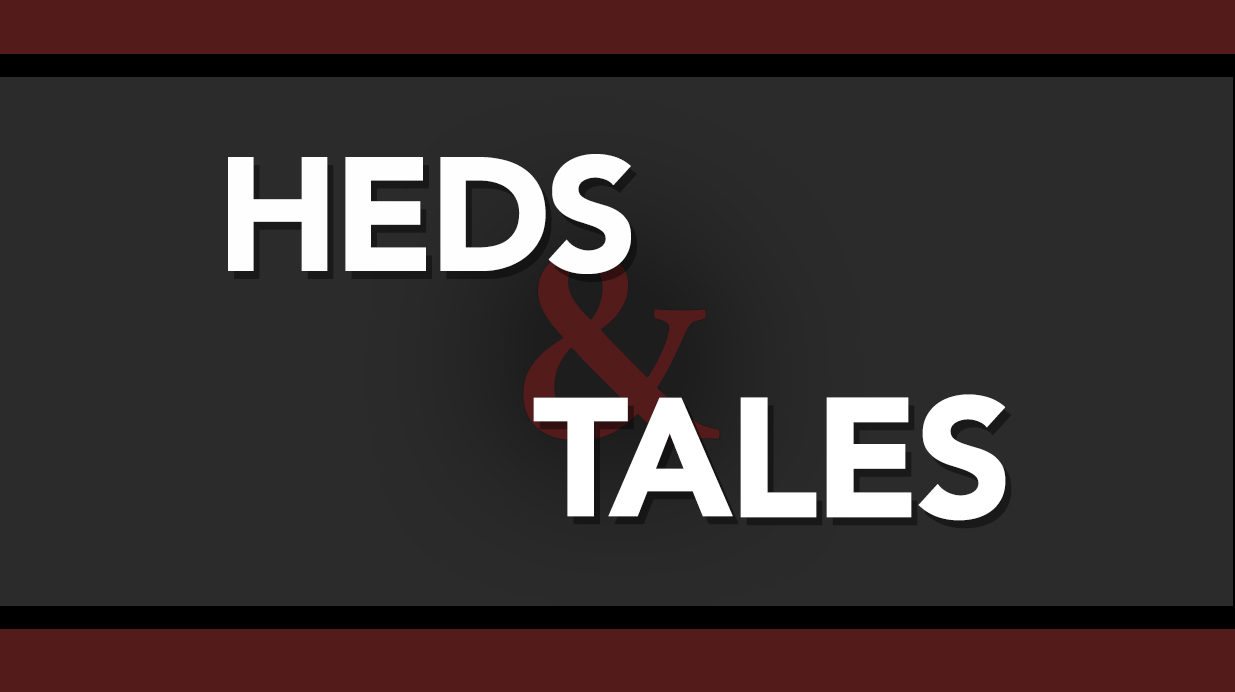
Hed: (n) Newsroom Jargon for Headlines
Headlines are tricky. They have to grab flighty readers’ attention, tell a story, and hopefully even squeeze in a witticism. The smallest choices affect readers’ first impressions and, sometimes, their only take on the story. Once a week, we analyze the different ways news outlets present the same story.
The Tale:
Donald J. Trump was just elected the 45th president of the United States.
The Heds:
Trump triumphs (Washington Post)
A nation gone wrong in a world gone crazy: A first reckoning with how the hell this happened (Salon)
Donald Trump wins, America elects an unthinkable president (Toronto Star)
Donald Trump is elected President in stunning repudiation of the establishment (New York Times)
President Trump: Populist surge lifts Republican to upset (Wall Street Journal)
Trump defies the experts and shatters all conventions (The Globe and Mail)
A Fascist’s win; America’s moral loss (The Globe and Mail)
Media obsession with a bullshit email scandal helped Trump to the White House (Vox)
The Summary:
Maybe by the time you read this, it will all feel less stunning, or maybe it won’t, and maybe it shouldn’t. This week’s headlines are imperfect and unsure and inadequate, because how could they be anything else?
One common thread is surprise. Words like “upset,” “stunning,” and “shock” have all made it into this week’s headlines. Newspaper editors were surprised that the next American president will the former host of The Apprentice Donald J. Trump, surprised that the polls were so wrong, and surprised that America is more calibrated towards its own seedy underbelly than we’ve cared to admit.
After shock comes blame. The morning analysis and think-pieces quickly started assigning blame: to third parties, to the media, to women. Journalists are calling themselves surprised, and some have blamed themselves — or, more accurately, other journalists who did not report in the way they would have liked — for elevating Trump to the presidency. That shock is understandable. But blame? Blame, especially self-directed, the-media-created-this-madness blame, feels unnatural and uncomfortable.
In the Globe, Sarah Kendzior, under the headline “A Fascist’s win; America’s moral loss” blames the media for not heeding her warning: “I warned, and eventually begged, a financially desperate and morally bankrupt media to stop promoting Mr. Trump, stop cowering to Mr. Trump, and protect the public from his persecutory plans,” she writes. Kendzior is hardly the only one blaming the media: noted Clinton fanboy Matthew Yglesias says as much in Vox, with the headline “Media obsession with a bullshit email scandal helped Trump to the White House.”
What links these headlines, with all the shock and blame they contain, is that they are all struggling to explain what happened. But putting what happened into just the right words is a quixotic task, since few headlines reflect any certainty about what this all might mean. Whether the media did or did not play a crucial role in electing Donald J. Trump is inconsequential; that it has shocked the media is true, but perhaps a bit naïve, since the machinery that wrought this upon the world was ready and idling. The even-parts combination of a publicity maestro, a seething American public, and a deeply out-of-touch Democratic candidate led us to where we are now. When headlines talk of shock, surprise, and upsets, readers should wonder: are you really all that surprised?
